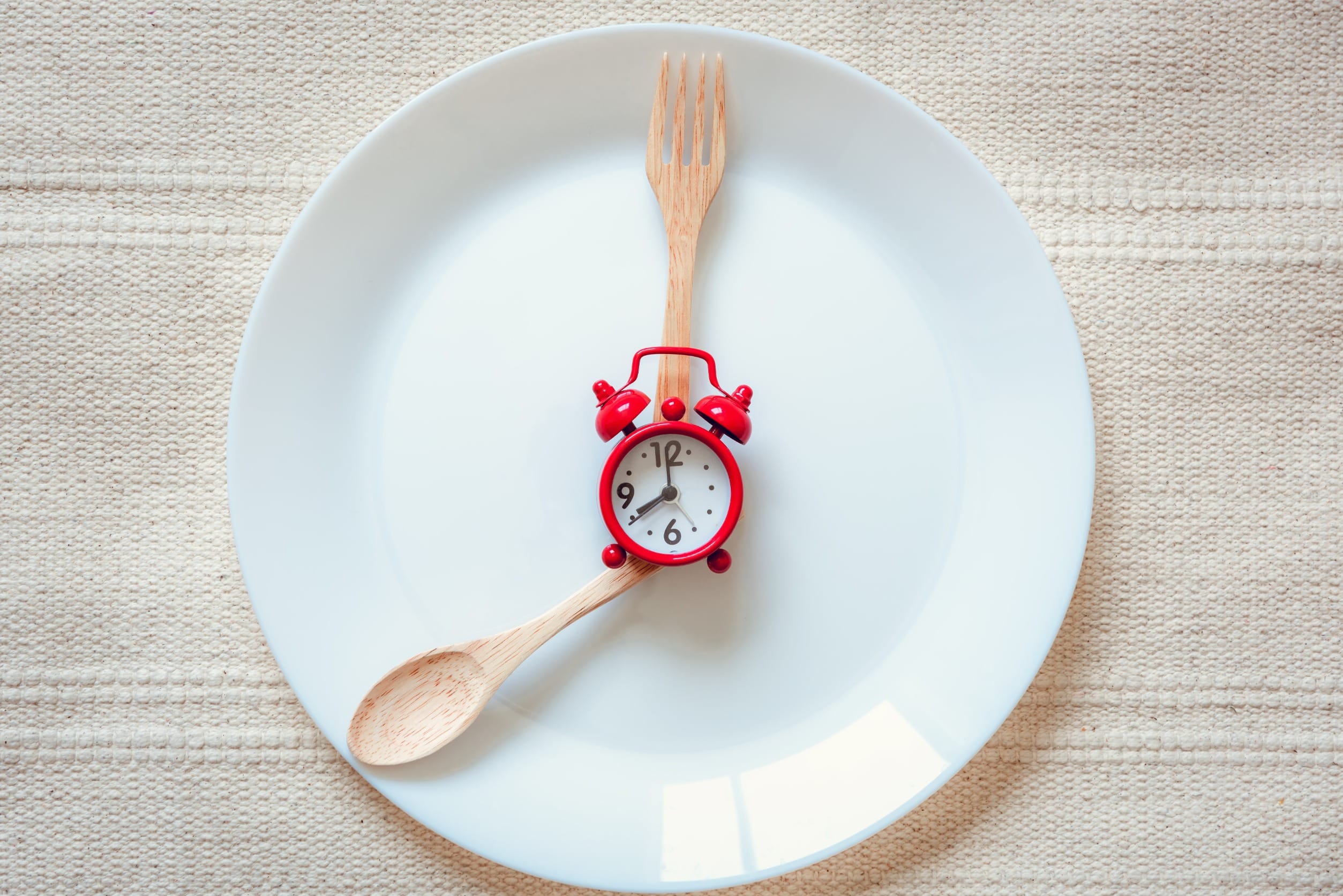Introduction
We all know that what you eat is crucial for weight loss, but when you eat can make just as much of a difference. Meal timing plays a huge role in keeping your metabolism active, managing hunger, and maintaining energy levels throughout the day. At Lifestyle Wellness Clinic, we’ve seen how structuring your meals strategically can lead to better results. Here’s why meal timing matters and some simple tips to make it work for you.
Why Meal Timing is Important for Weight Loss
- Keeps Your Metabolism Moving
Eating at regular intervals helps keep your metabolism active. Long stretches without food can signal your body to conserve energy, slowing calorie burn. Regularly spaced meals help your body stay in “burn mode.” - Prevents Overeating
Skipping meals or waiting too long to eat often leads to extreme hunger, which can cause overeating or poor food choices. By eating on a schedule, you can control hunger and make healthier decisions. - Balances Blood Sugar
Eating at consistent times helps keep your blood sugar steady. This prevents those dreaded sugar crashes that lead to fatigue, irritability, and cravings for unhealthy snacks. - Energizes Your Day
When you time meals properly, your body gets the fuel it needs when it needs it. This is especially important if you’re active or exercising, as it ensures your energy stays consistent.
Tips for Structuring Your Meal Schedule
- Don’t Skip Breakfast
Start your day with a nutritious breakfast to jumpstart your metabolism. Think protein, whole grains, and healthy fats—like scrambled eggs with avocado on whole-grain toast or a yogurt parfait with berries and granola. - Eat Regularly
Aim to eat every 3-4 hours. This could mean three meals and two snacks throughout the day. Small, consistent meals help you avoid getting too hungry and losing control when it’s finally time to eat. - Time Meals Around Workouts
For exercise enthusiasts, fuel up with a snack or light meal 1-2 hours before a workout. Follow it up with a protein-rich meal to help your muscles recover and keep your metabolism humming. - Avoid Late-Night Meals
Try to wrap up eating at least two hours before bed. Late-night snacking can interfere with sleep and your body’s ability to process calories efficiently overnight. - Stick to a Routine
Your body loves consistency. Try to eat your meals and snacks at similar times every day. This helps regulate hunger hormones and keeps your energy levels predictable.
How We Help at Lifestyle Wellness Clinic
At Lifestyle Wellness Clinic, we don’t just give you a generic meal plan. We take your lifestyle, goals, and schedule into account to create a personalized meal timing strategy. Whether you’re juggling a busy workday, family commitments, or workouts, we’ll help you optimize your eating habits for success.
Conclusion
Meal timing isn’t just about staying organized—it can be a game-changer for your weight loss. By eating on a consistent schedule, you can keep your metabolism fired up, control cravings, and feel more energized. Ready to make meal timing work for you? Contact us at Lifestyle Wellness Clinic, and let’s create a plan that fits your life and goals.










